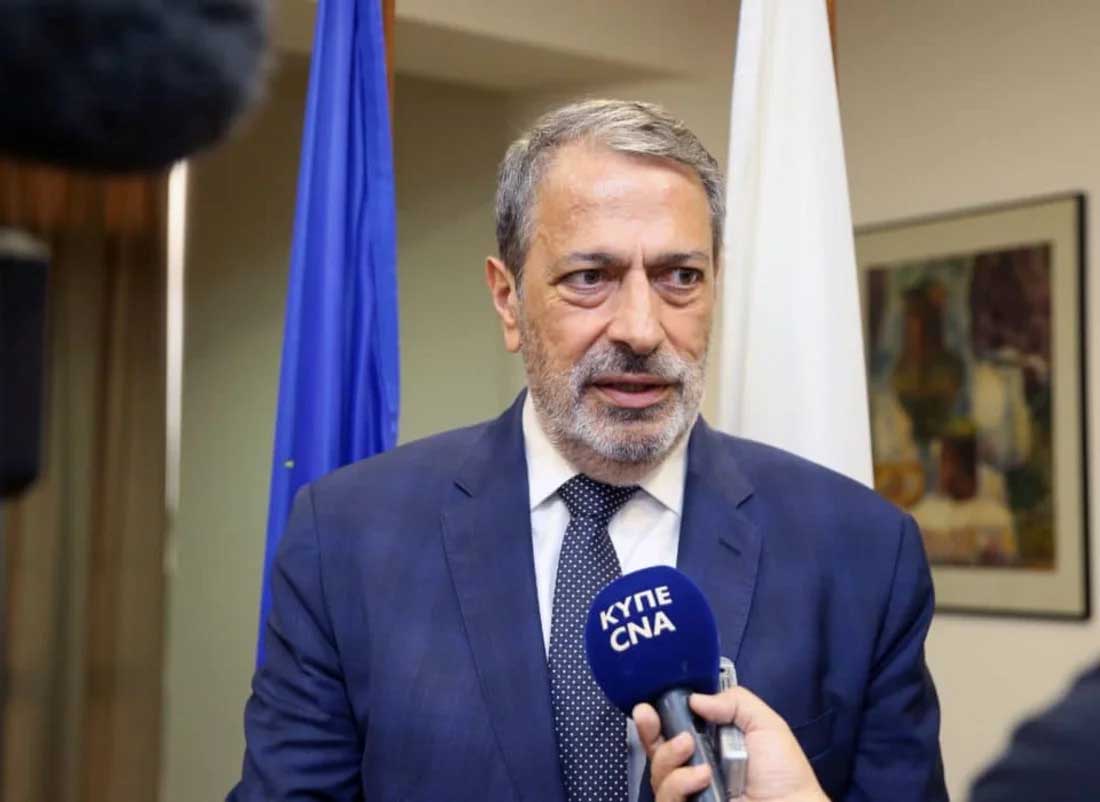By Loukis Skaliotis
In a previous article I commented on the need for the world community to restructure the UN if it is to play a more effective role in preventing war in the world. Another set of institutions that arose after the end of WWII – the economic heavy weights of the World Bank and the IMF – are currently having their annual conferences and are discussing about the need to institute new reforms if they are to help improve the changing world economy.
The Nobel Prize in Economics was awarded to Daron Acemoglu and Simon Johnson of MIT and James Robinson of the University of Chicago for their work “The Colonial Origins of Comparative Development: An Empirical Investigation” on the importance of institutions on the path of a country’s road to economic growth and prosperity. This emphasises that we need to have not only strong institutions in the first place, but also to be flexible enough to adjust over time.
In Cyprus, our institutions are also in need of modernisation. The office of the attorney-general in particular is an institution which has been at the forefront of recent discussions. Even the EU has weighed in with recommendations from Greco (the Group of States against Corruption), established by the Council of Europe, highlighting the need for the separation of the public prosecutor powers of the attorney-general from those of the legal advisor of the government.
Finally, the repeated calls for change seem to have borne fruit. A committee of experts has been set up – three independent legal authorities, Evangelos Venizelos (professor in Constitutional Law), Polis Polyviou (the well-known lawyer and legal expert) and Achilleas Emilianides (university law professor) along with Elena Papageorgiou and Yianna Hadjihanna from the attorney-general’s office, have been tasked with drafting the proposed amendments. As the proposal had received the endorsement of all the presidential candidates before the last presidential election, and by extension of all the political parties, hopefully the usual practice of the deep state of procrastinating matters to their slow death will not materialise.
We need however to be alert that the process does indeed provide concrete results. The experts committee is expected to give its feedback by the end of the year. With all due respect to the attorney-general, who has appointed the experts committee, he has a personal stake in keeping things as they are, and one should be wary of this. Additionally, it is not only the office of the attorney-general that is being changed. The office of the auditor-general is also being examined, with ideas of setting up an audit board to monitor the work of the auditor-general.
Whilst I have long argued that, as a matter of principle, all state officials must be accountable to an independent authority I am not sure that setting up an audit board, where the auditor-general will be a member, is the way to monitor his work. It looks more likely that the board will be superimposing its decisions on the day-to-day work of the auditor-general which will effectively make the office of the auditor-general ineffective and irrelevant.
We therefore must remain vigilant that the much-needed change to the office of attorney-general is not used as an excuse to bring about undesirable changes to the office of auditor-general. Having fit and proper institutions is the cornerstone of good governance in a democratic society, and we must not squander our chance to make things better.
Loukis Skaliotis is an economist







Click here to change your cookie preferences